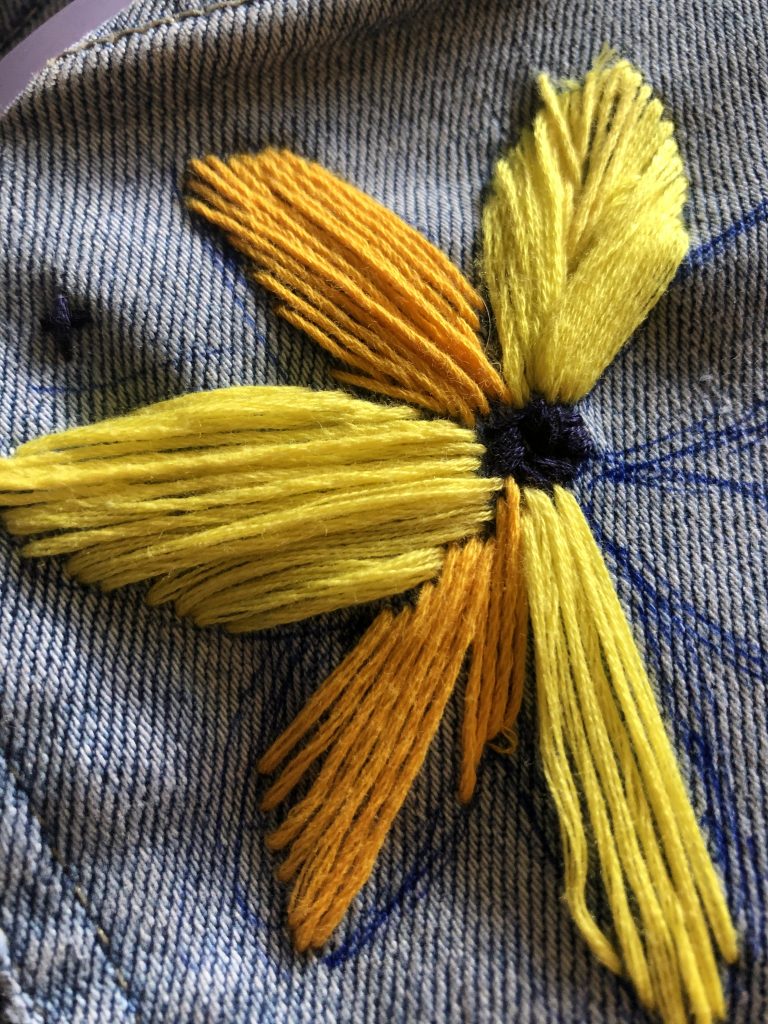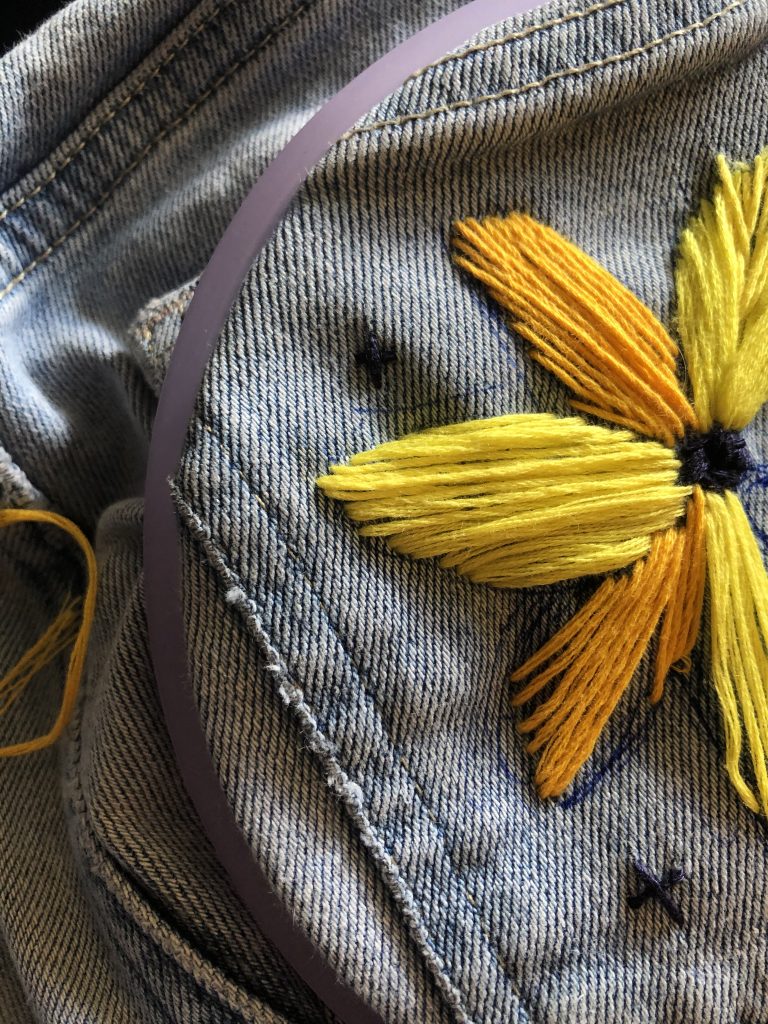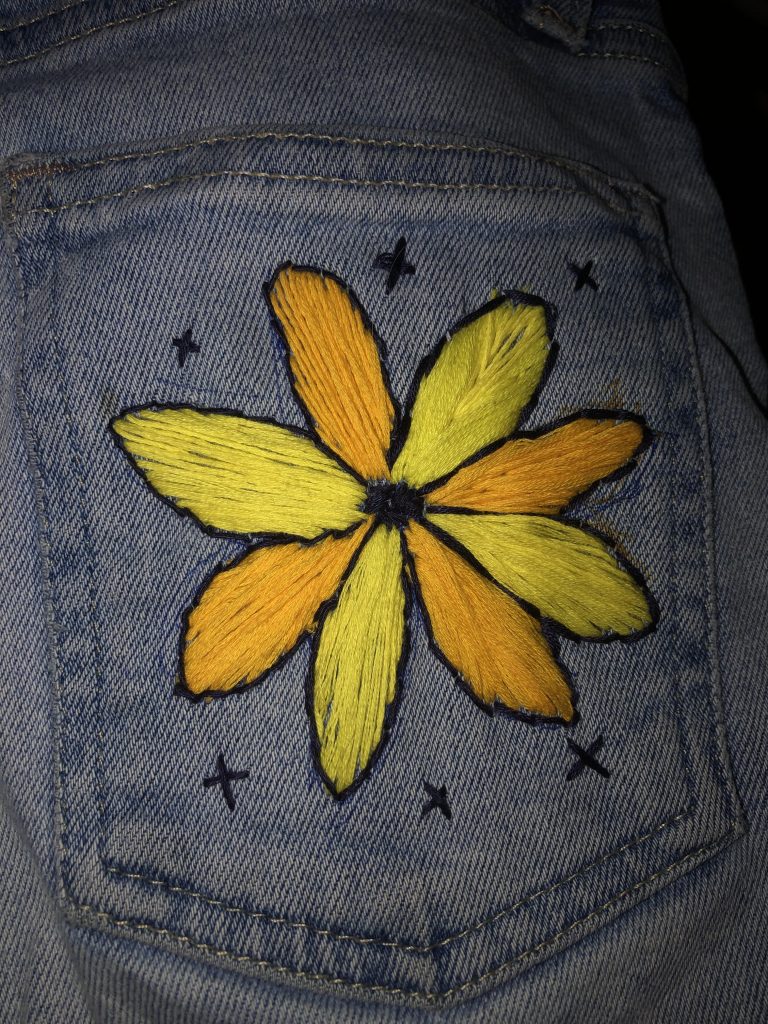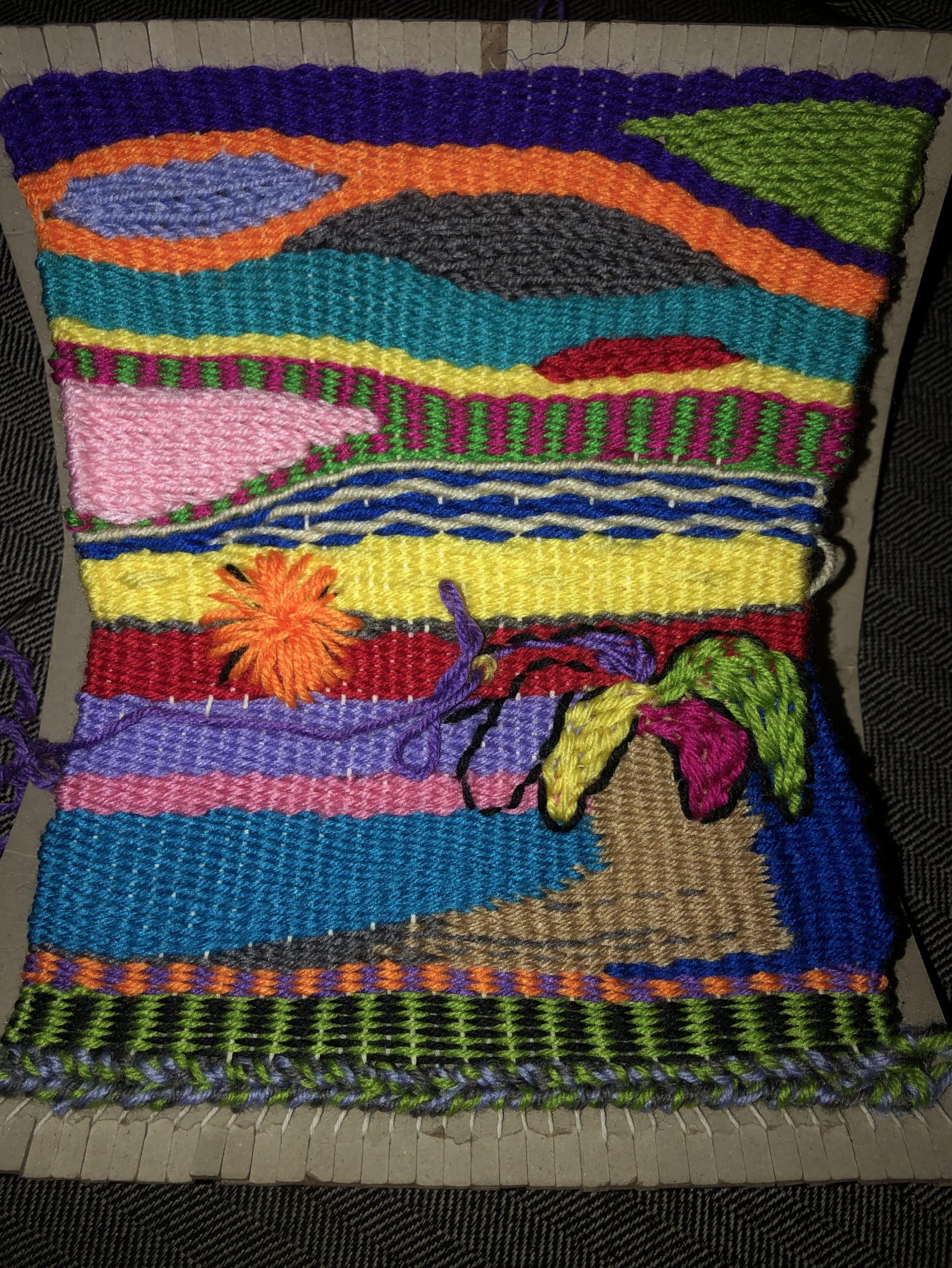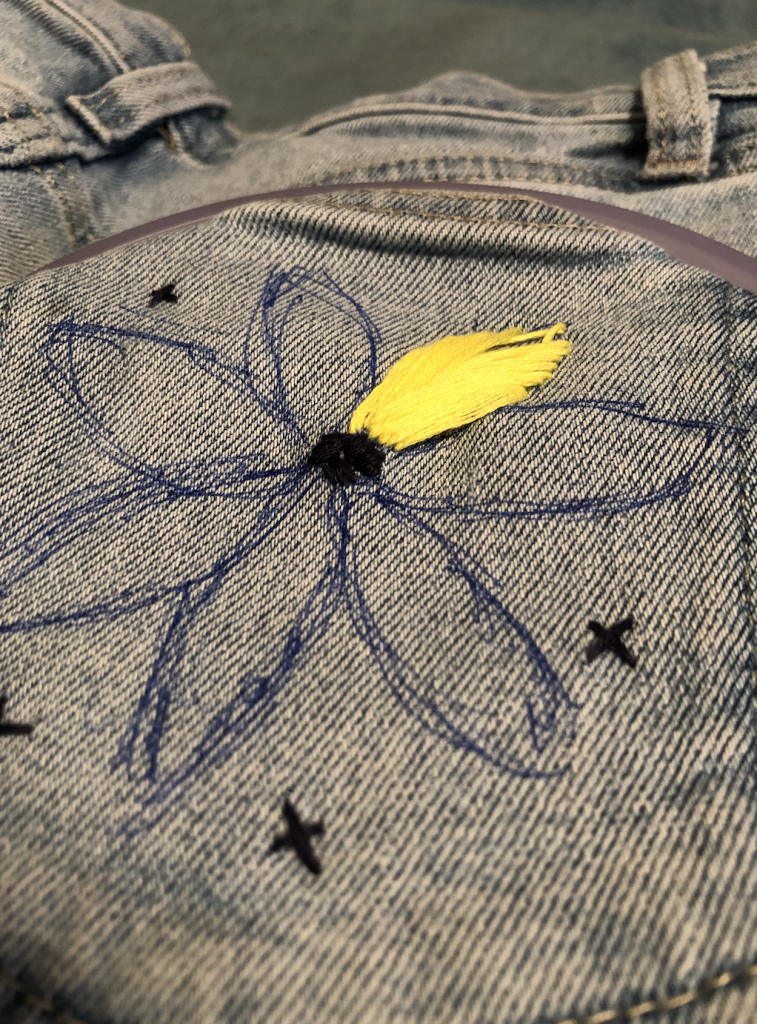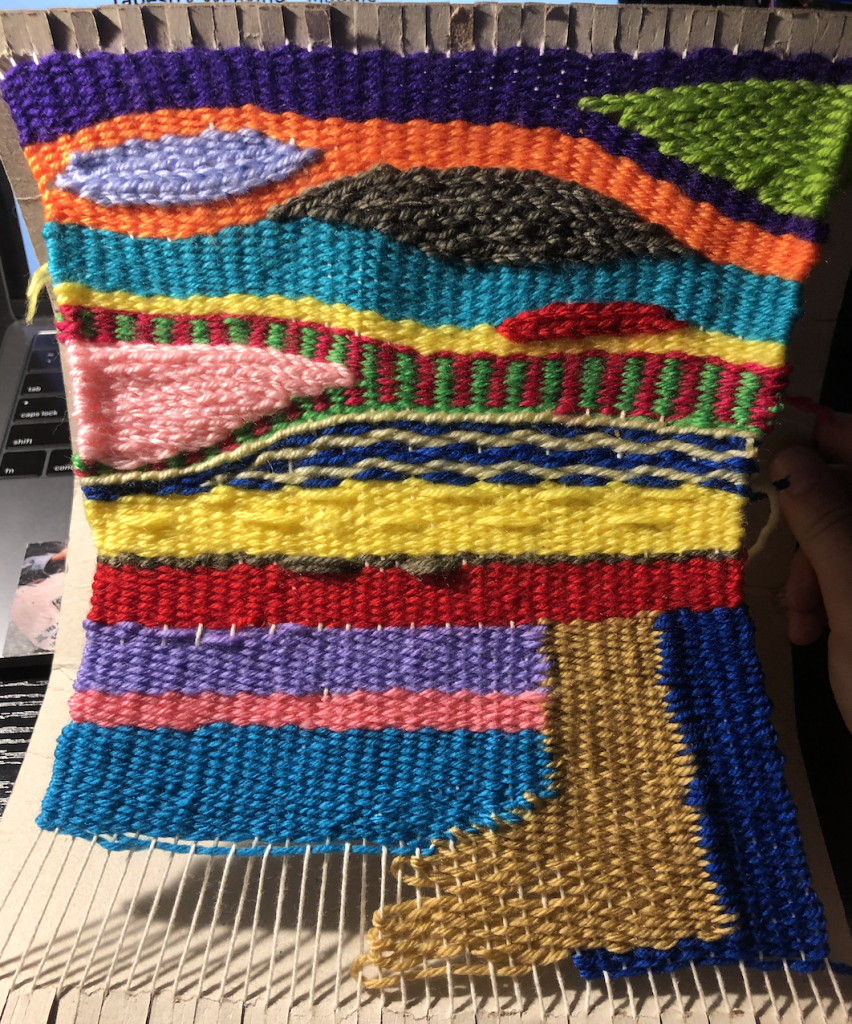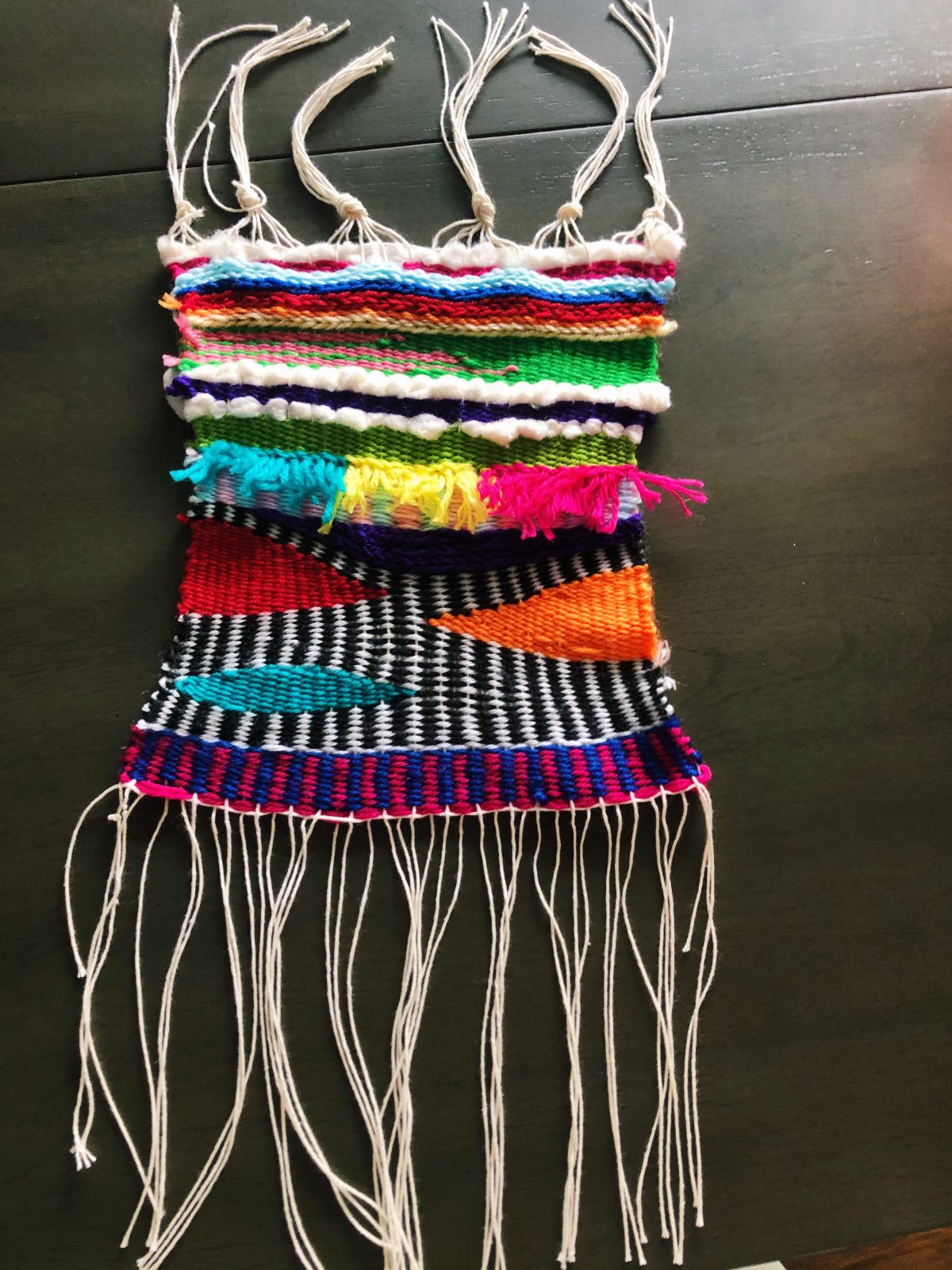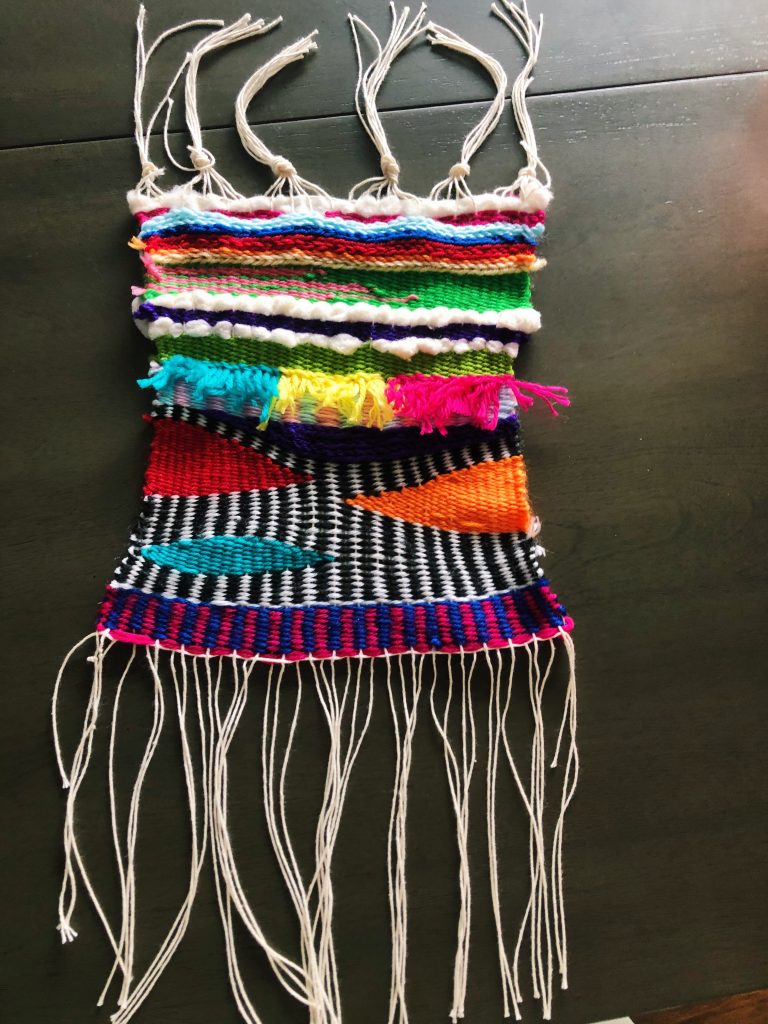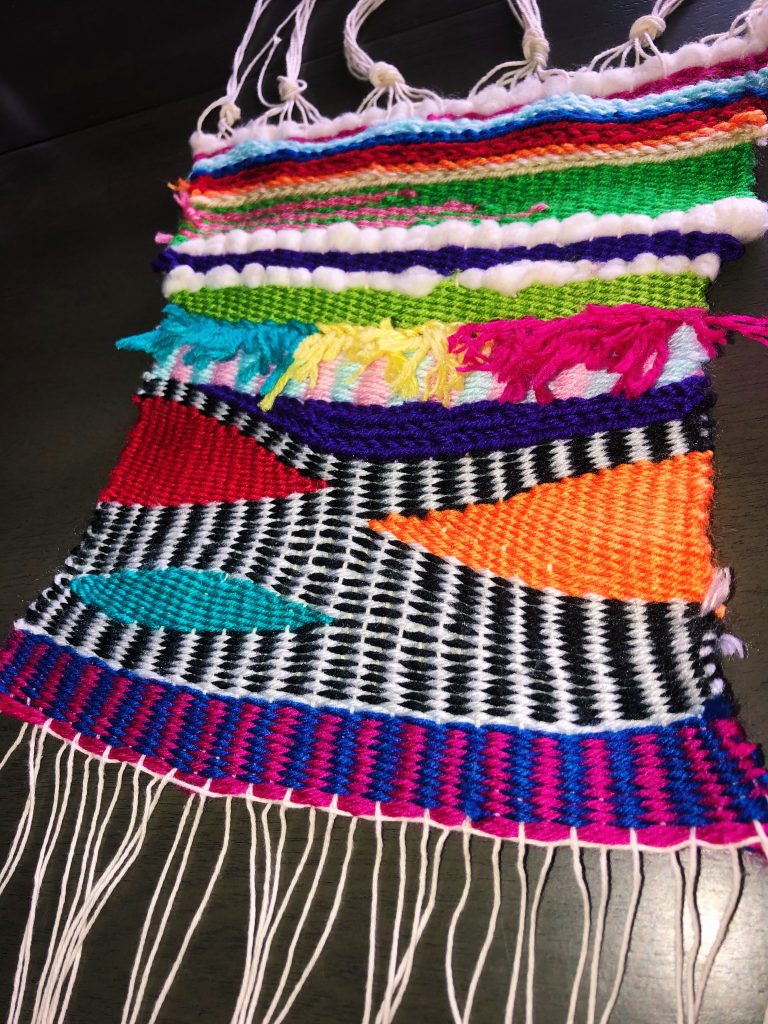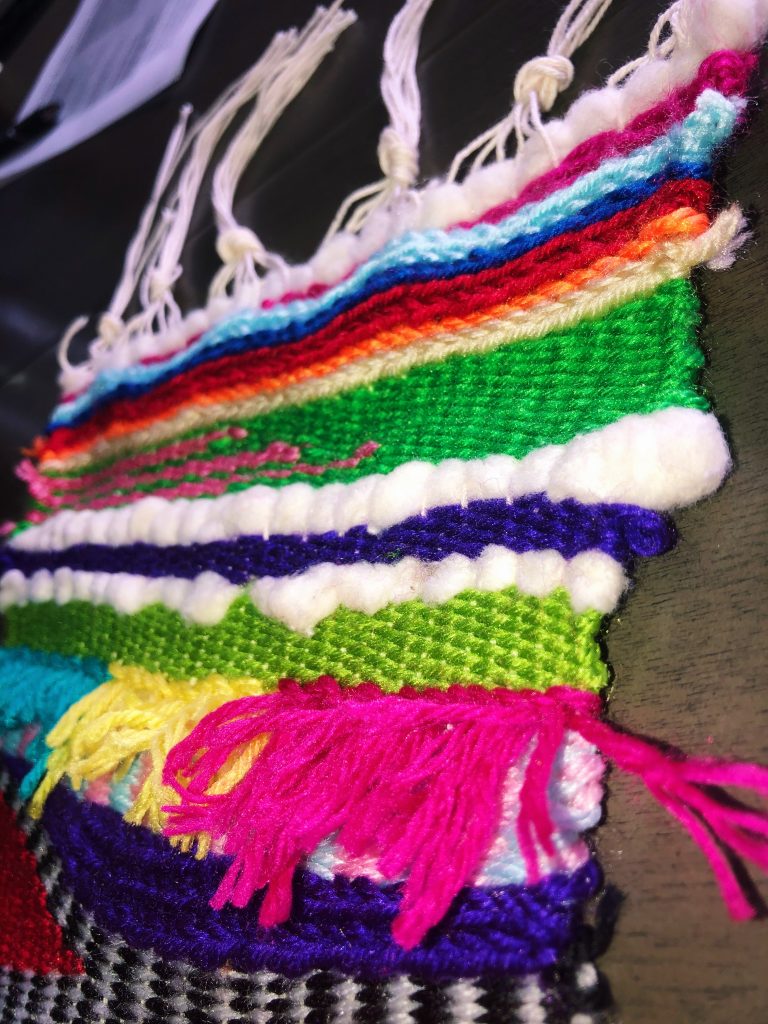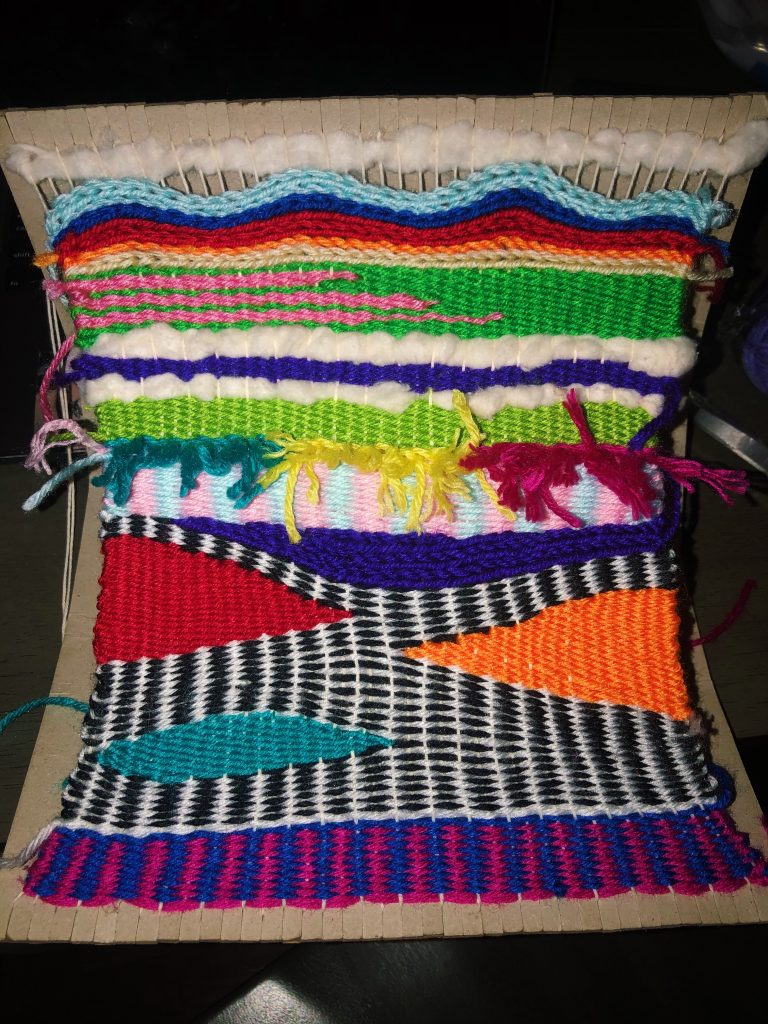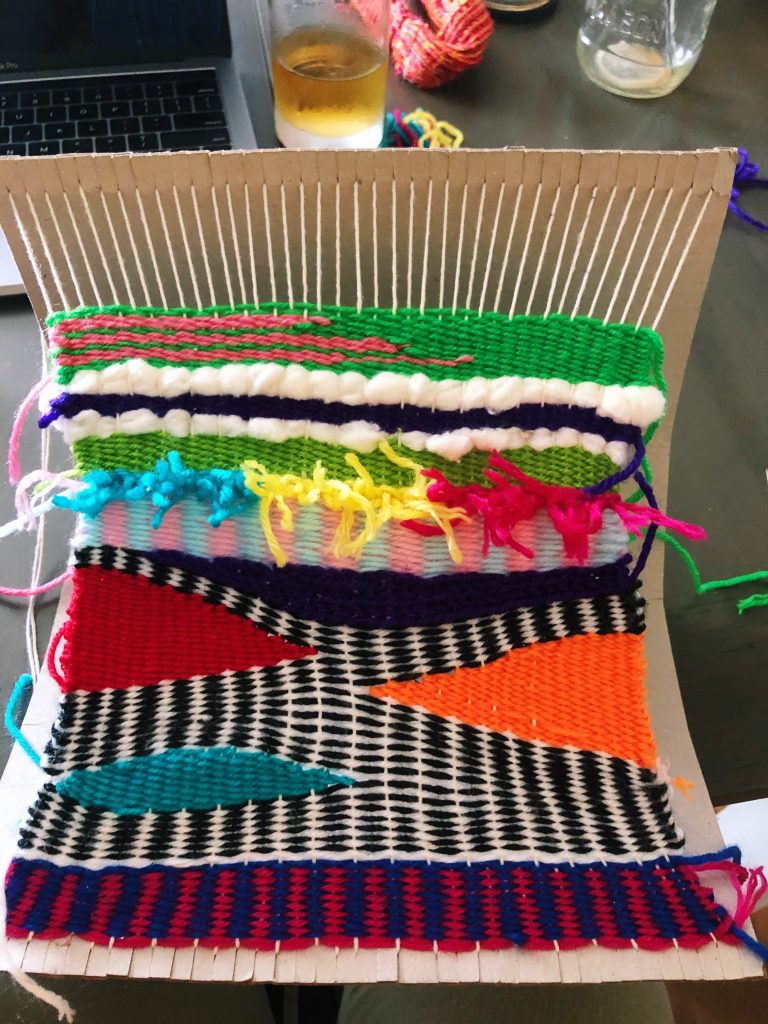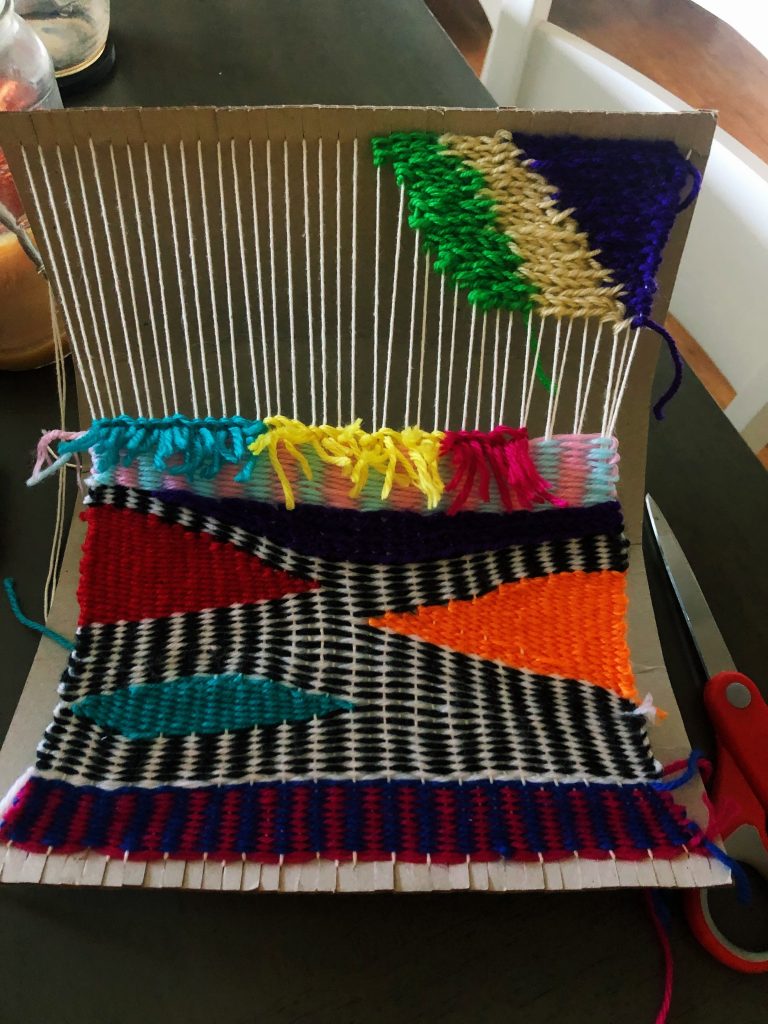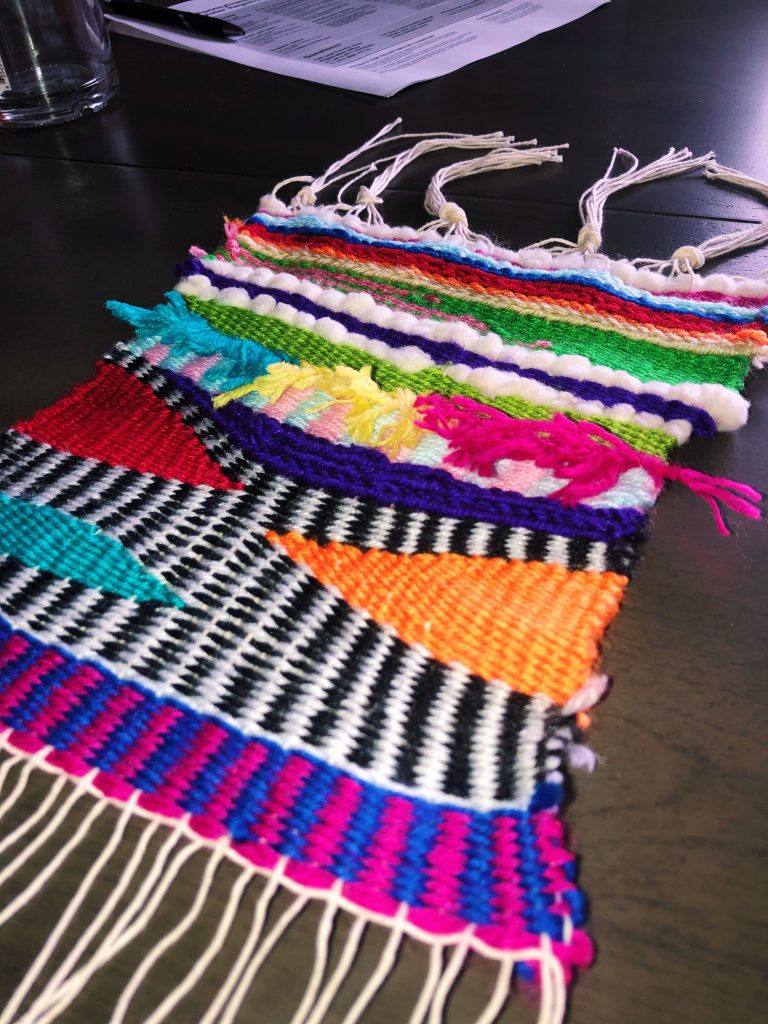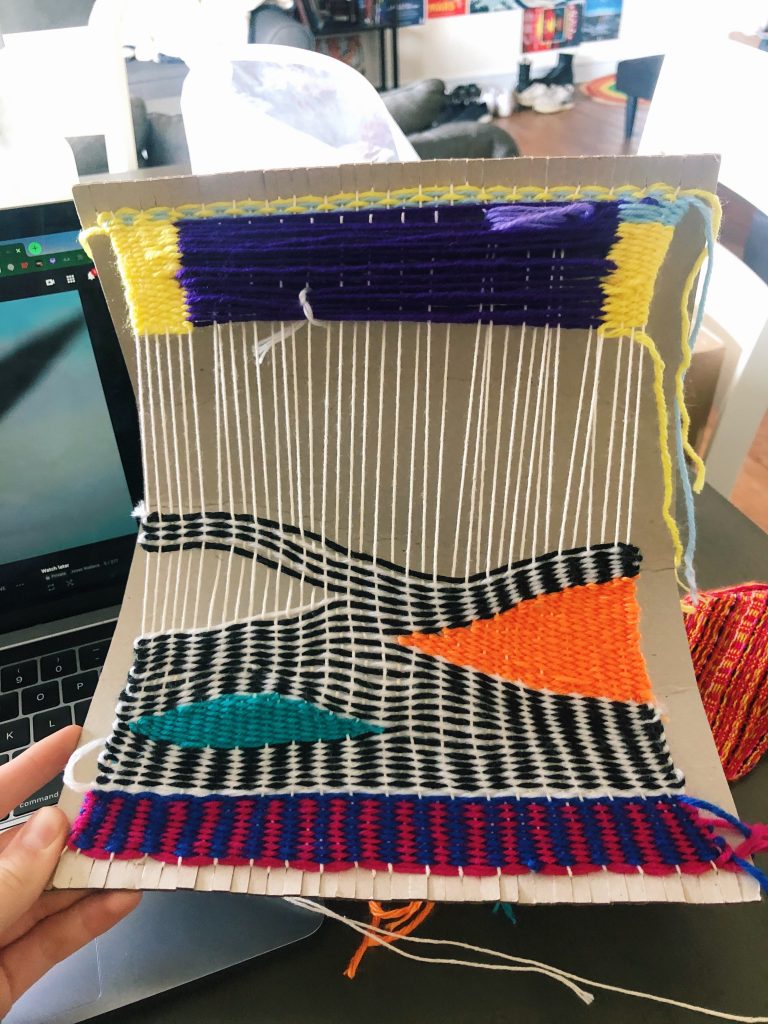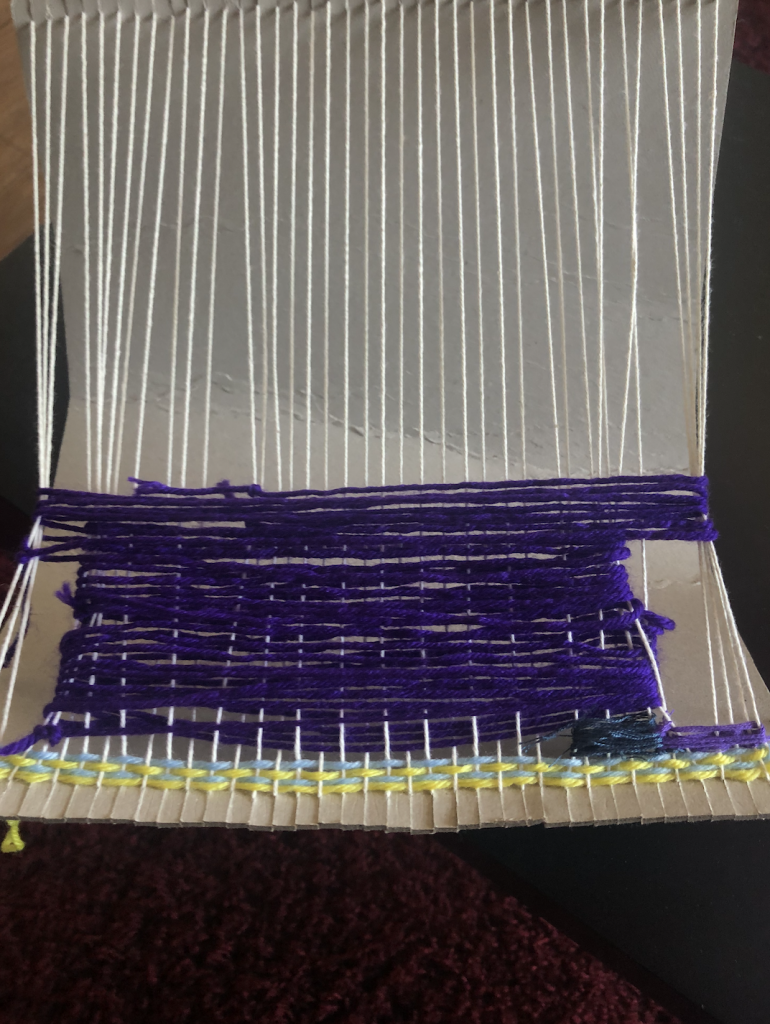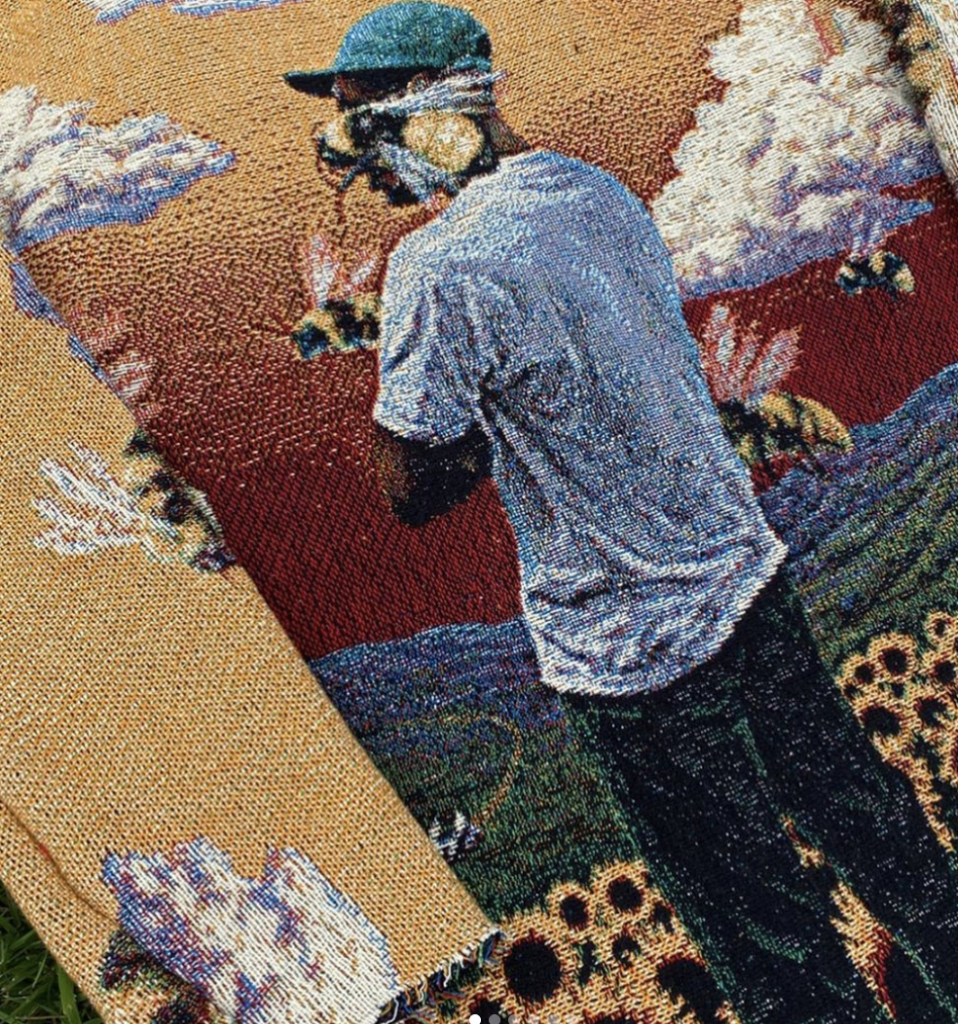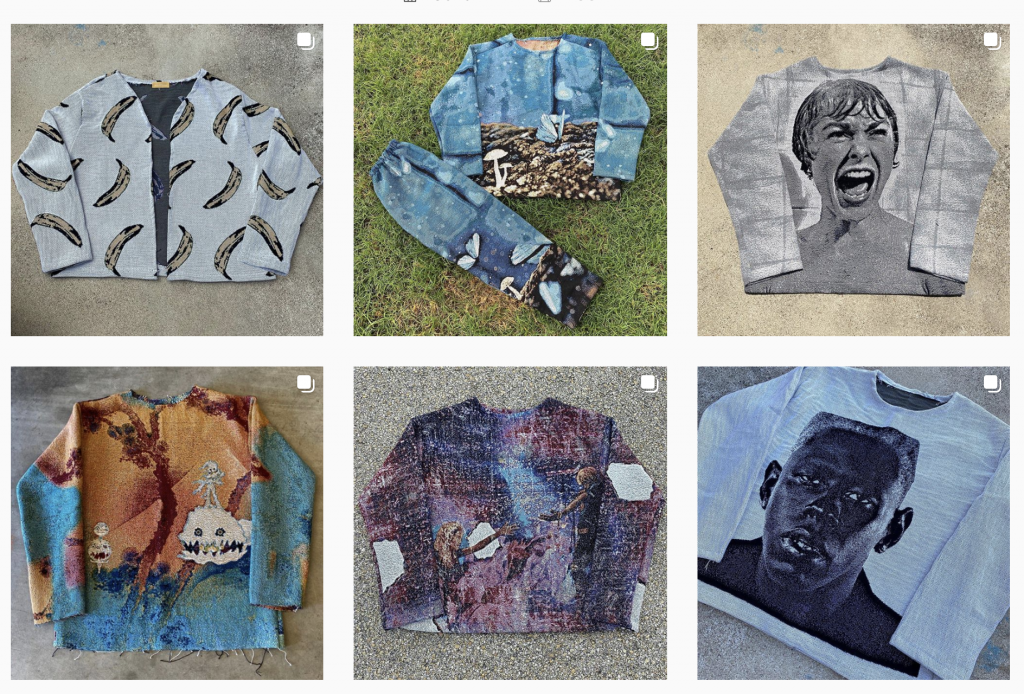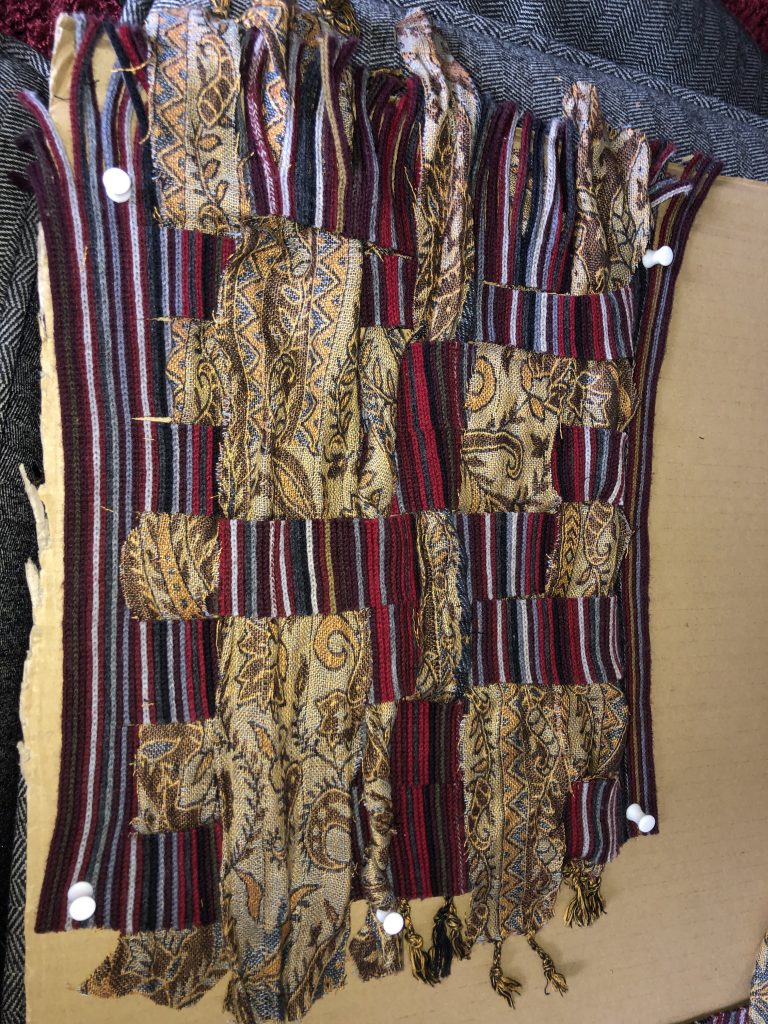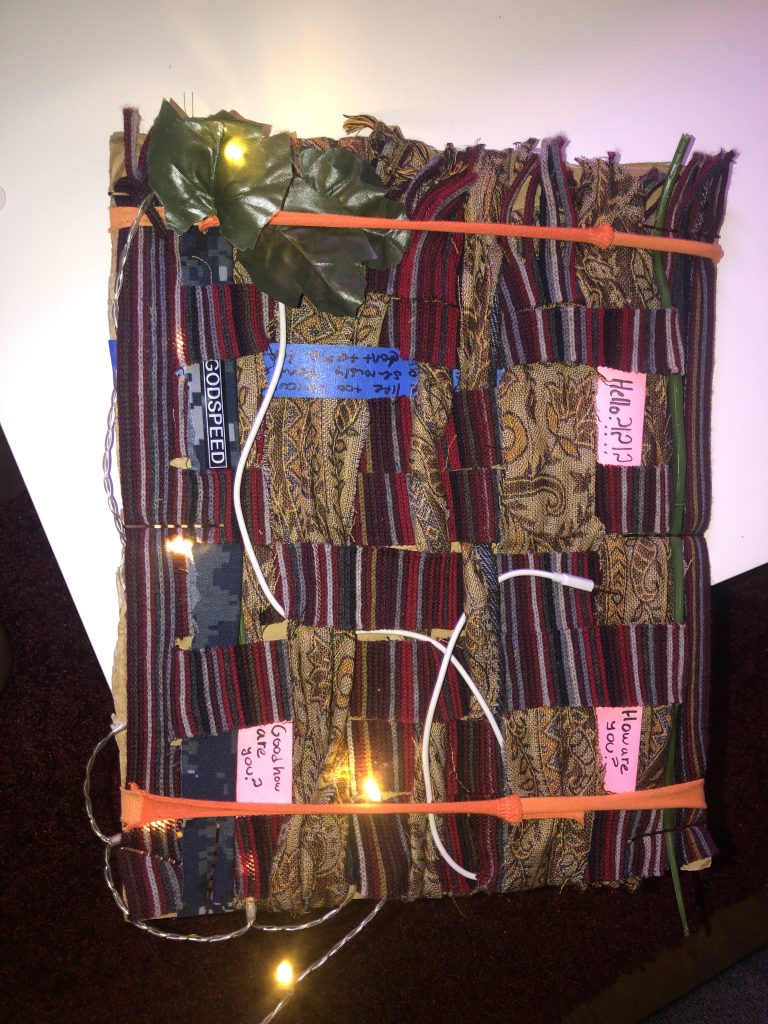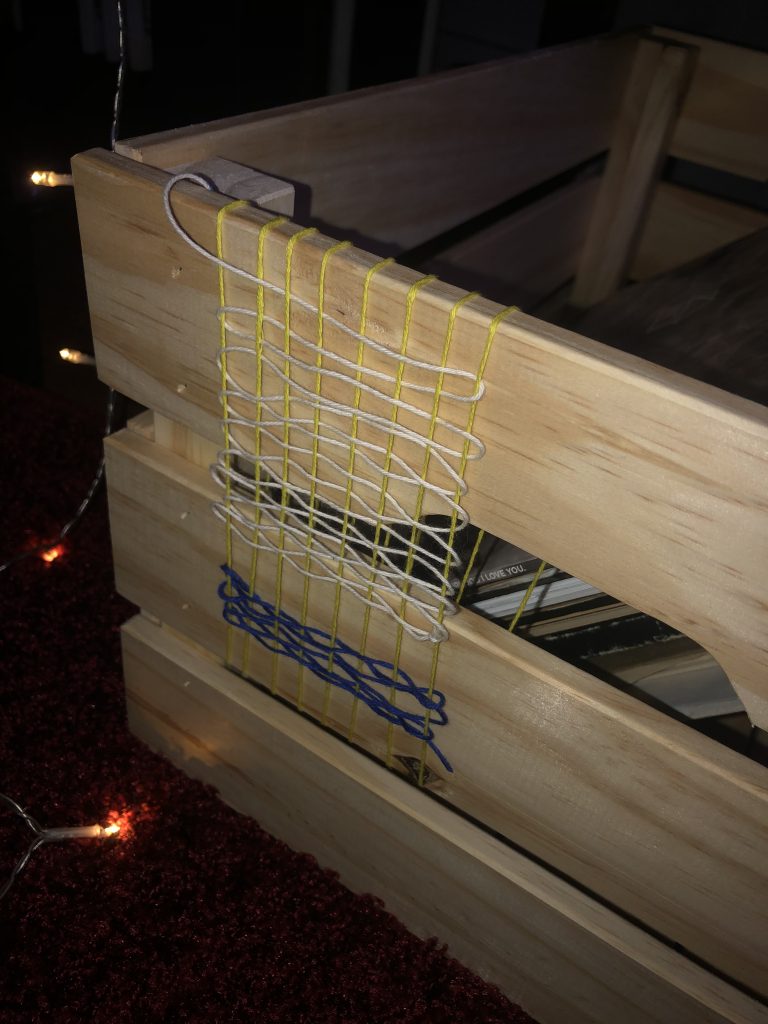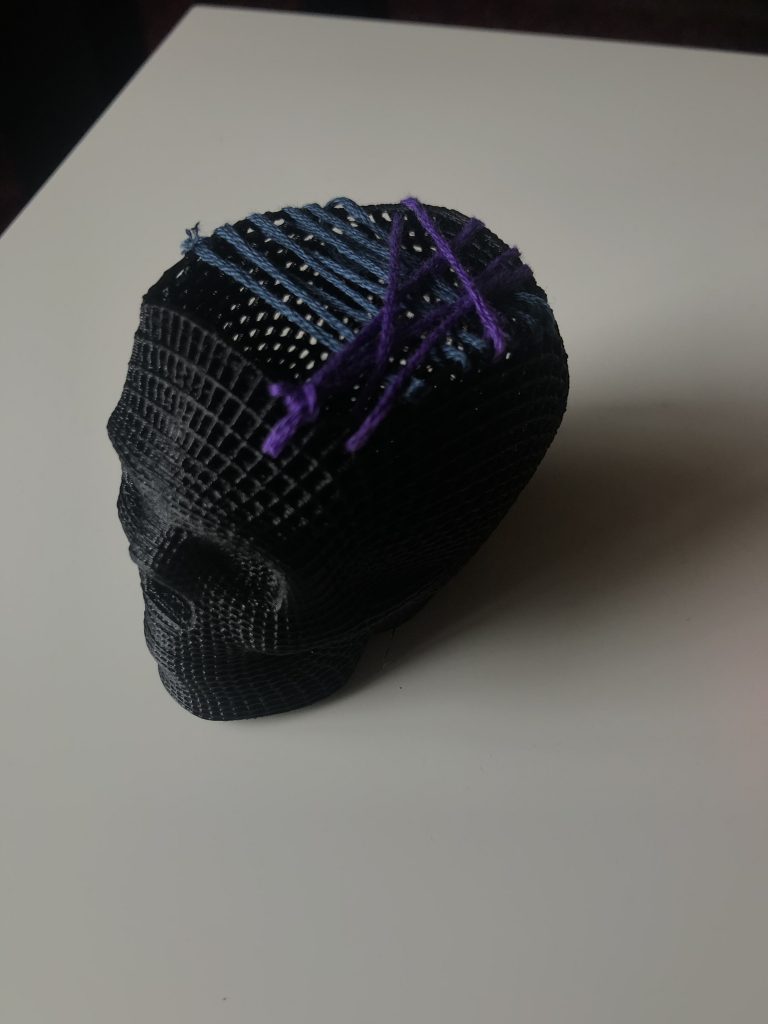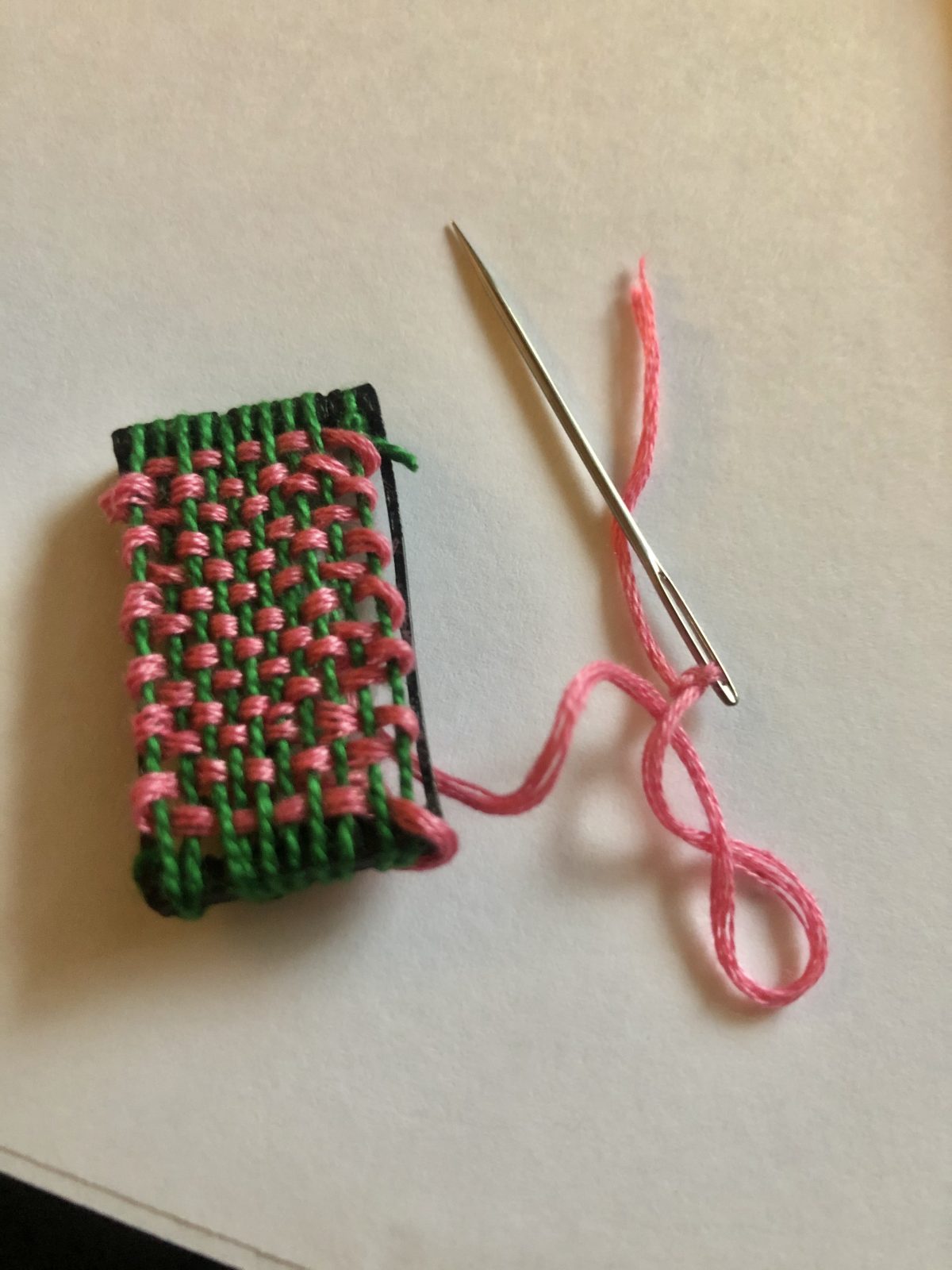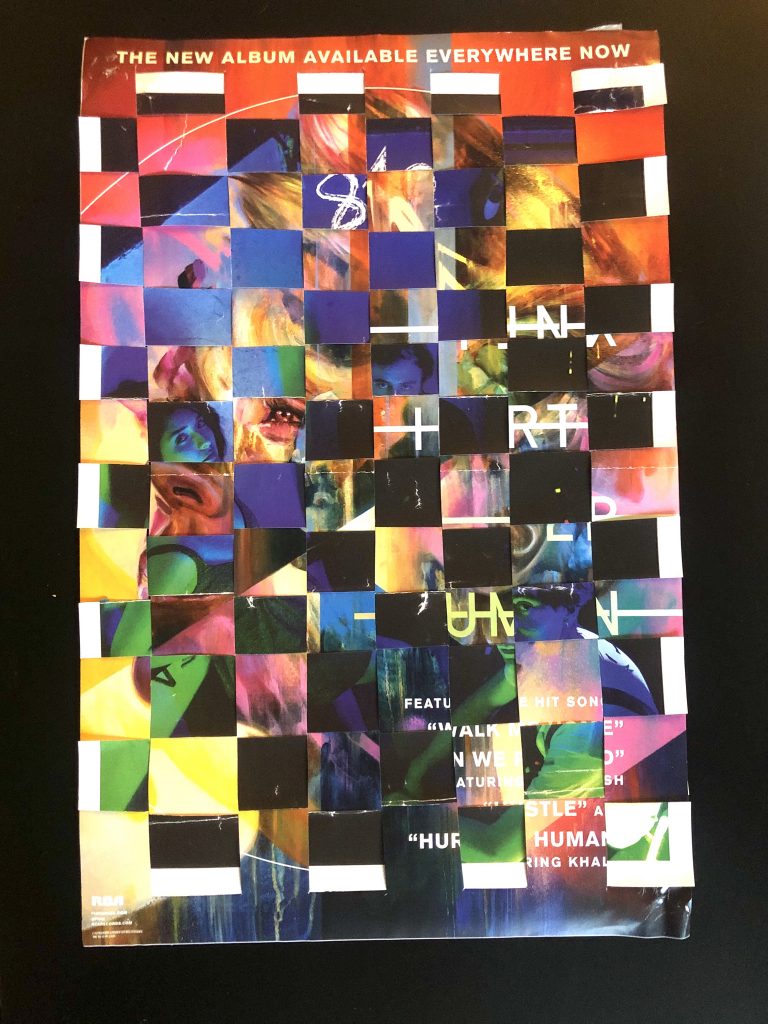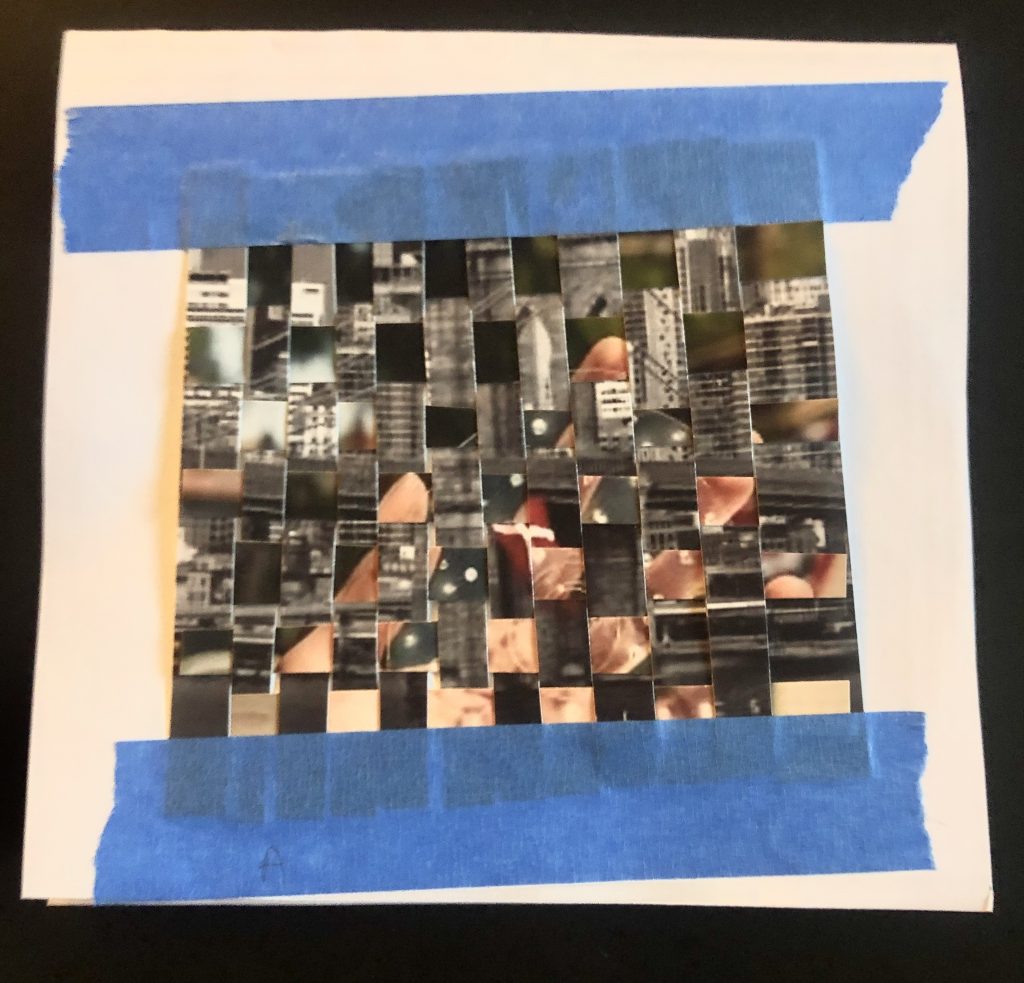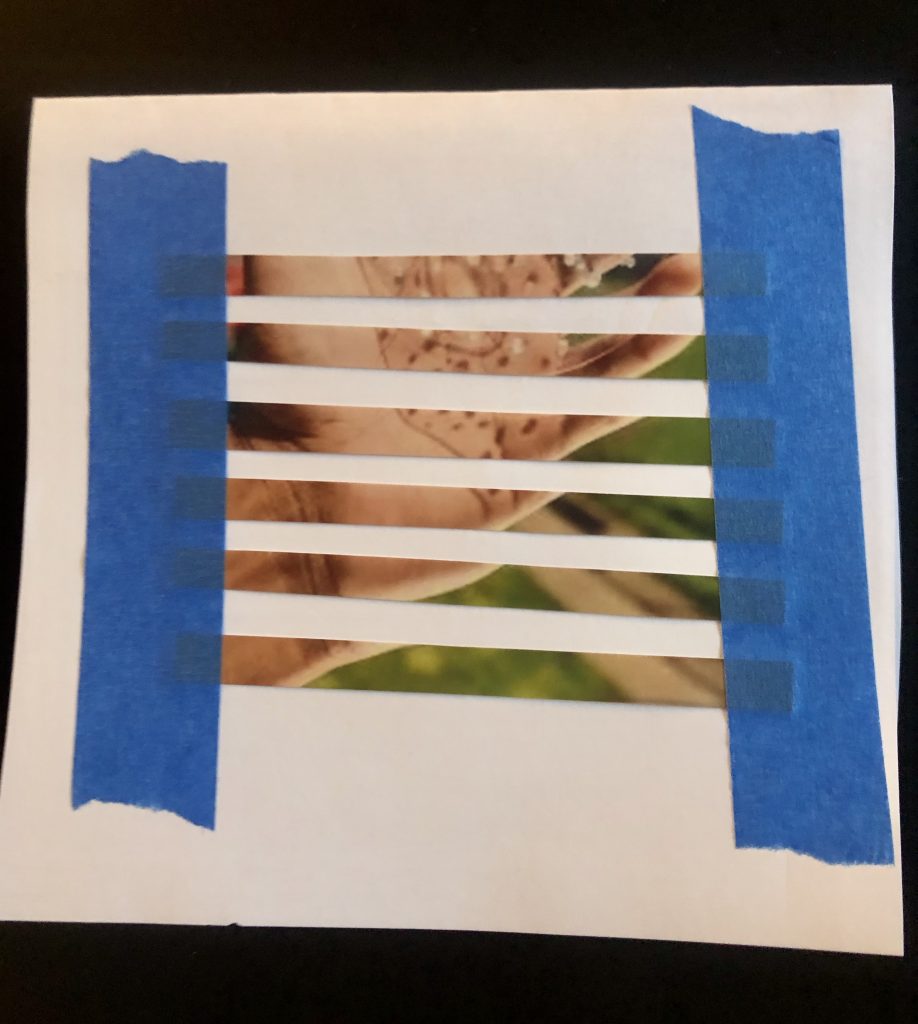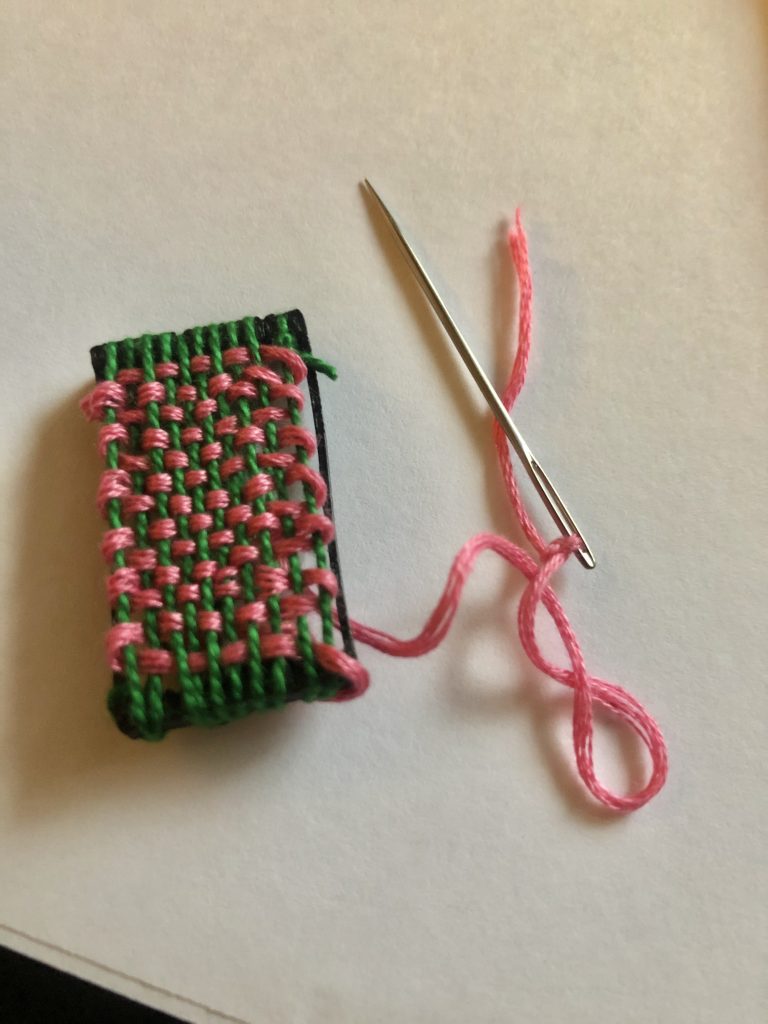Scottish tartans originate from the Gaelic families and dynasties that eventually became Scottish clans in the 12th and 13th centuries. However, Celts all over Europe are said to have been wearing Tartans for “Three Thousand years at least”, according to the Scottish Tartans Authority. Tartans are fabrics that are created by weaving with various colors of warp and weft yarn, and then creating a diagonal pattern that is then used to create the various shades that form the highly contrasting effect. The base pattern for Tartan fabrics is called a sett, and it is pictured below:
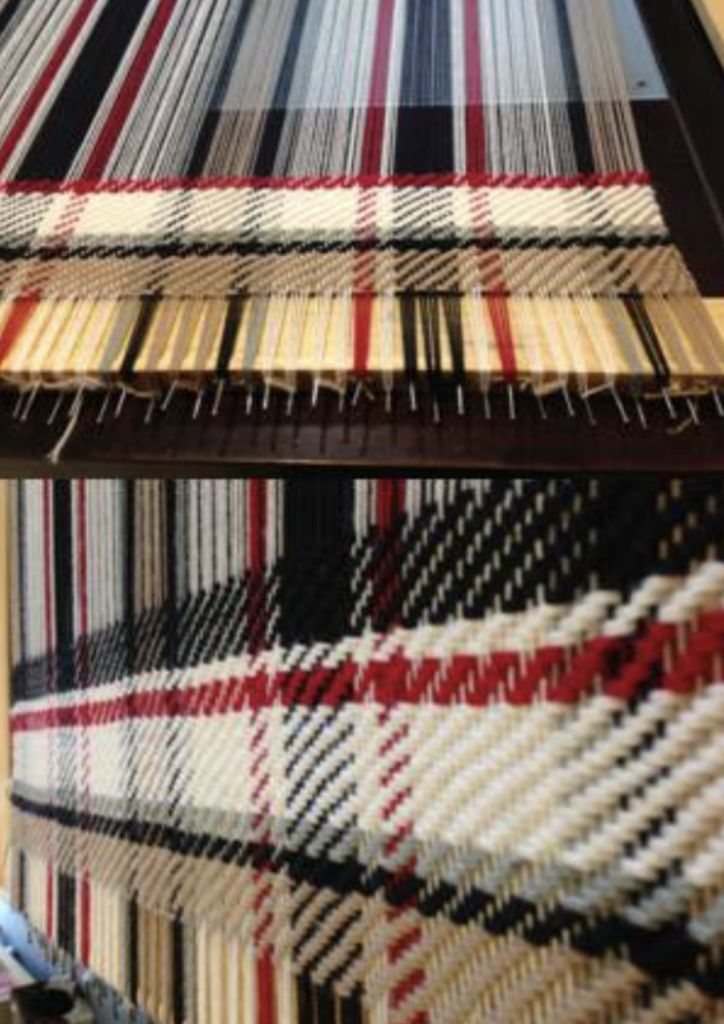
In terms of historical context, the Tartans are actually very important pieces of history for Scottish family clans. When someone weaves a plaid print, they are actually not creating an official Tartan unless the pattern is verified by the Scottish clan’s organization and follows the specific rules for that set pattern. For an example, I actually used my family’s history, because I am related to the Wallace family dynasty that became famous in Scotland in the 12th and 13th centuries. Different families have different official Tartans, and some of the Wallace Tartans can be found below. These three patterns were first officialy verified by the family in the 19th century, but similar Tartans existed centuries before as a part of the Gaelic Uallas kingdom, the precursor to the Wallace family.
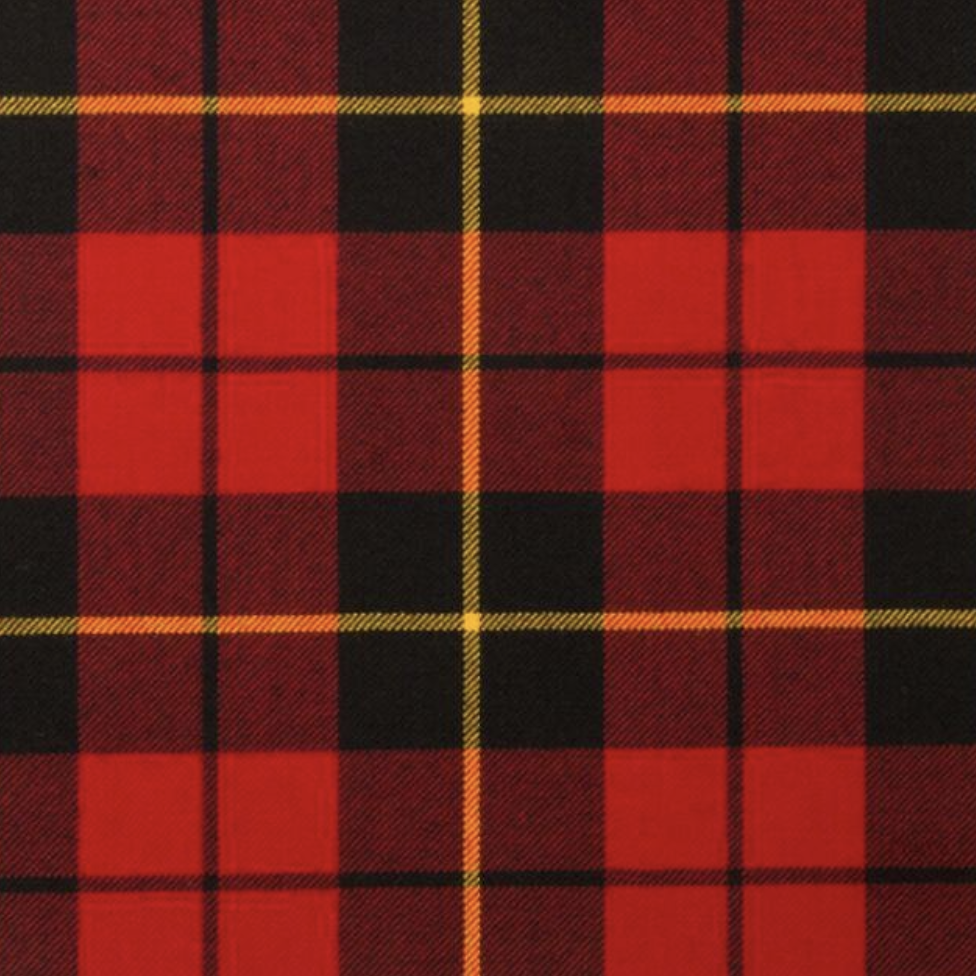
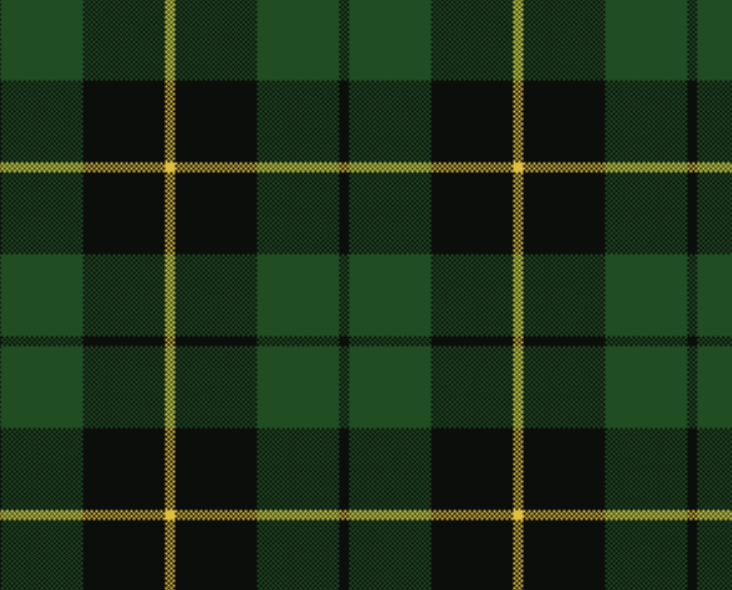
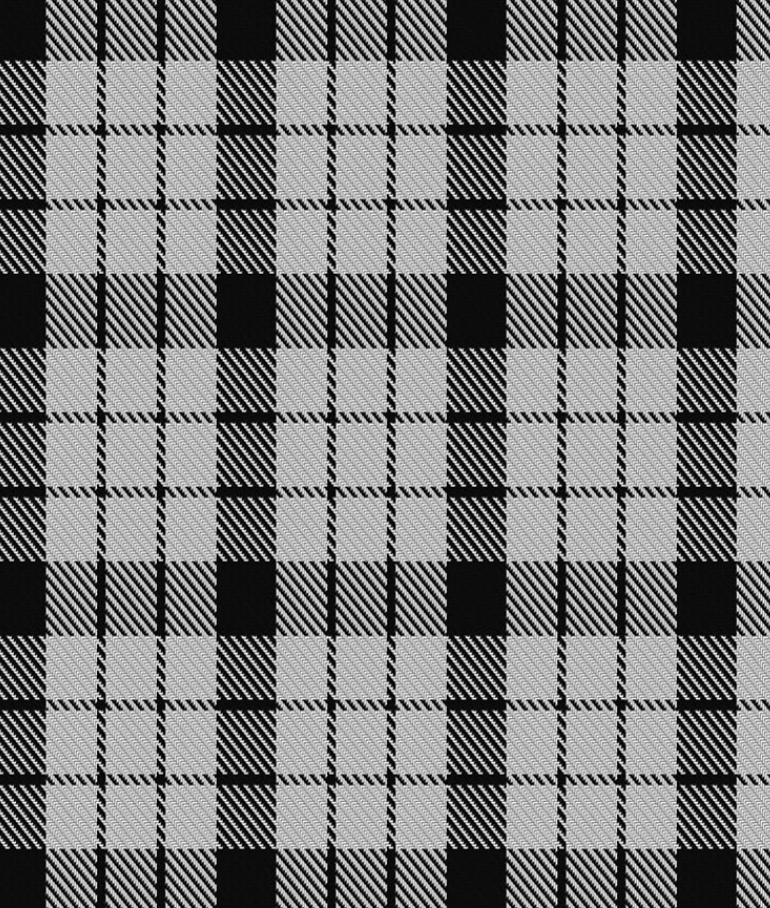
Official Tartan fabrics were first found in these family dynasties in Scotland in the 16th century. At the time, Scotland’s map was much different than today, but Tartans popped up in various locations around this area.
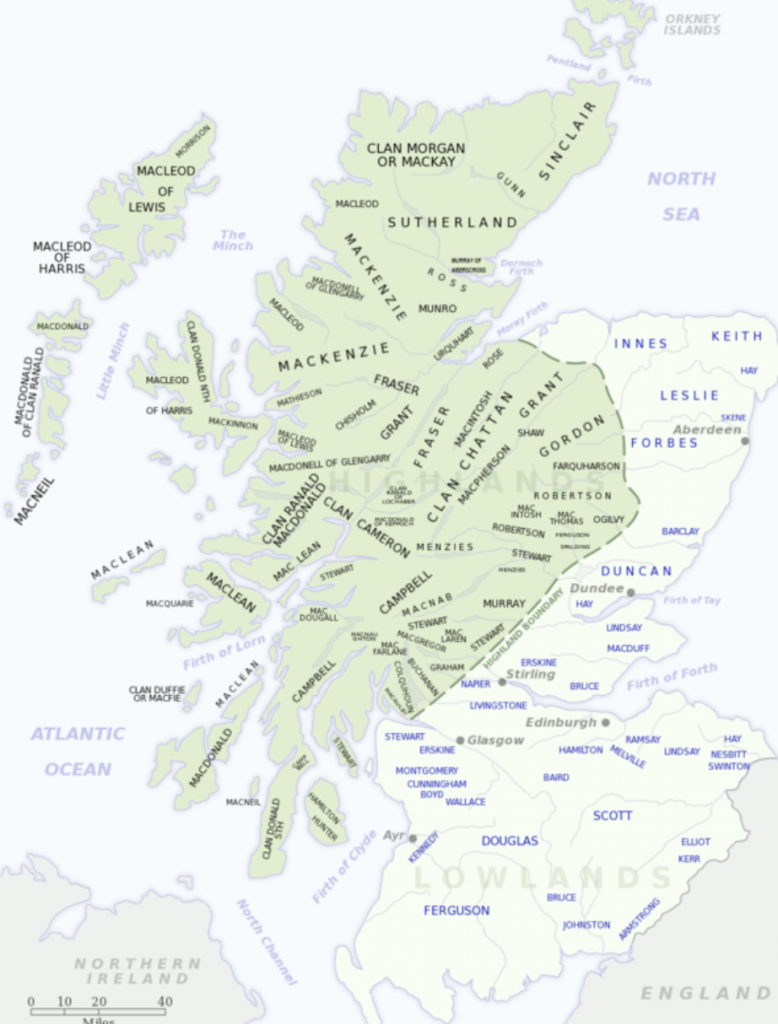
It was fascinating to go down this rabbit hole of weaving, Tartans, and my family history. It is really powerful to notice and feel how so many different aspects of life are deeply connected in unexpected ways.
Resources:

